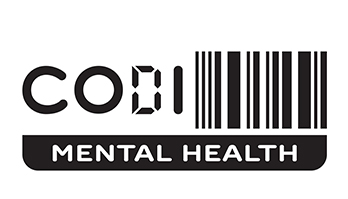Costs and Outcomes of Digital Interventions (CODI) in Mental Health: Evidence Synthesis, Economic Modelling and Knowledge Exchange
Digital interventions use software programmes, accessed via computers, tablets, smartphones and virtual reality equipment, to deliver therapeutic activities that aim to prevent and improve the symptoms and disability associated with mental health and addiction problems. To assess whether digital interventions are cost-effective, which means they offer ‘value for money’, we need to compare their costs and outcomes with the costs and outcomes of alternatives, such as face-to-face therapy, self-help using a book or a printed manual, or medication.
This project brings together evidence from different sources to assess the cost-effectiveness of digital interventions compared to all possible alternatives. It has 4 work packages:
Work package 1. A systematic review, critical appraisal and summary of economic evaluations of digital interventions across all mental health conditions.
Work package 2. A systematic review and two network meta-analysis of randomised controlled trials on digital interventions for generalised anxiety disorder as an exemplar clinical condition.
Work package 3. An economic model and value of information analysis of digital interventions for generalised anxiety disorder, drawing on the meta-analyses of clinical evidence in work package 2.
Work package 4. A series of seminars with service users, professionals and researchers about how they understand and assess the value of digital interventions.
Related links
- NIHR award
- NIHR Journals Library
- Prospero Registration
- Systematic Review and Critique of Methods for Economic Evaluation of Digital Mental Health Interventions
Funding
| Funder | The National Institute for Health Research (NIHR) Health Technology Assessment (HTA) |
| Start date | 01 September 2018 |
| End date | 28 February 2020 |
Members
Internal staff
- Lina Gega (Chief Investigator)
- Laura Bojke
- Pedro Saramago
- Rachel Churchill
- Sally Brabyn
- David Marshall
- Hollie Melton
External collaborator



